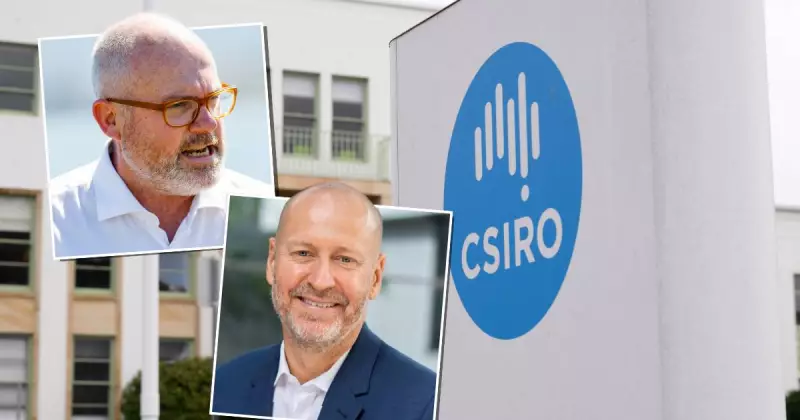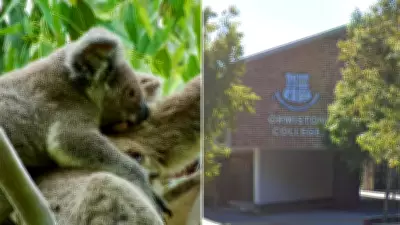
CSIRO chief executive Doug Hilton has defended the controversial timing of 350 research job cuts announced just weeks before Christmas, while rejecting characterisations of the selection process as a "hunger games" style competition.
Budget Pressures Force Pre-Christmas Cuts
Dr Hilton told ABC Canberra radio that the difficult decision to announce cuts affecting hundreds of researchers on Tuesday was necessary to meet budget requirements for the 2026-27 financial year. "We have to be able to act now in order to be able to meet budget for the next financial year," he explained during the Wednesday morning interview.
The CSIRO boss acknowledged the emotional impact on staff, stating: "We take these decisions very seriously. And my heart goes out to the staff, not just the ones that are impacted, but the broader CSIRO community." He argued that delaying the announcement would have created prolonged uncertainty for employees.
Defending the Selection Process
Dr Hilton strongly defended the four-day review process that required program leaders to pitch their projects in brief presentations, which some staff had compared to a "survivor-like setting." The intensive assessment covered the CSIRO's 30 programs, with leaders presenting on their work's impact and future aspirations.
"We had a pretty deep dive into each of those programs, and I think that was done in a respectful way," Dr Hilton stated, describing the process as "collegial [and] constructive" rather than the competitive "hunger games" characterization some critics had suggested.
The organisation plans "early engagement" with staff before Christmas, with formal consultations scheduled to begin in February 2026.
Government Priorities Reshape Research Focus
The job cuts come after the Albanese government issued a statement of expectations last month directing the CSIRO to shift its priorities toward net zero energy transition and emerging technologies. Science Minister Tim Ayres indicated specific areas where research would be reduced, noting that nutrition work would be scaled back as it had "matured" or was being handled by universities.
Areas receiving increased focus include:
- Critical minerals processing
- Green metals and low carbon liquid fuels
- Hydrogen energy research
- Artificial intelligence leadership and adoption
Minister Ayres emphasised that disease preparedness research would be protected from cuts, while affirming the government's commitment to science investment.
Long-term Financial Challenges
Dr Hilton revealed the CSIRO faces "a really profound sustainability challenge that's accumulated over probably 40 years," stressing this was "not the making of any particular government." While federal funding has increased nominally by about 1.3 percent annually, this hasn't kept pace with inflation running at 2.7 percent or the even higher costs of conducting scientific research.
"Like every household that is responding to the cost of living crisis, we as an organization have to make hard choices, too," Dr Hilton explained, highlighting the financial pressures facing the national science agency.
The current round of cuts continues an ongoing restructure that has seen 818 positions eliminated over the past 18 months, aiming to save $120 million. Dr Hilton emphasised that evolving research priorities reflect changing national needs, noting that "the type of science Australia needs has changed over 50 years" with emerging fields like artificial intelligence becoming central to most research areas.
Prime Minister Anthony Albanese, when questioned about earlier job reductions, noted that "there were also more jobs created before that occurred," suggesting a broader restructuring rather than simple downsizing.





